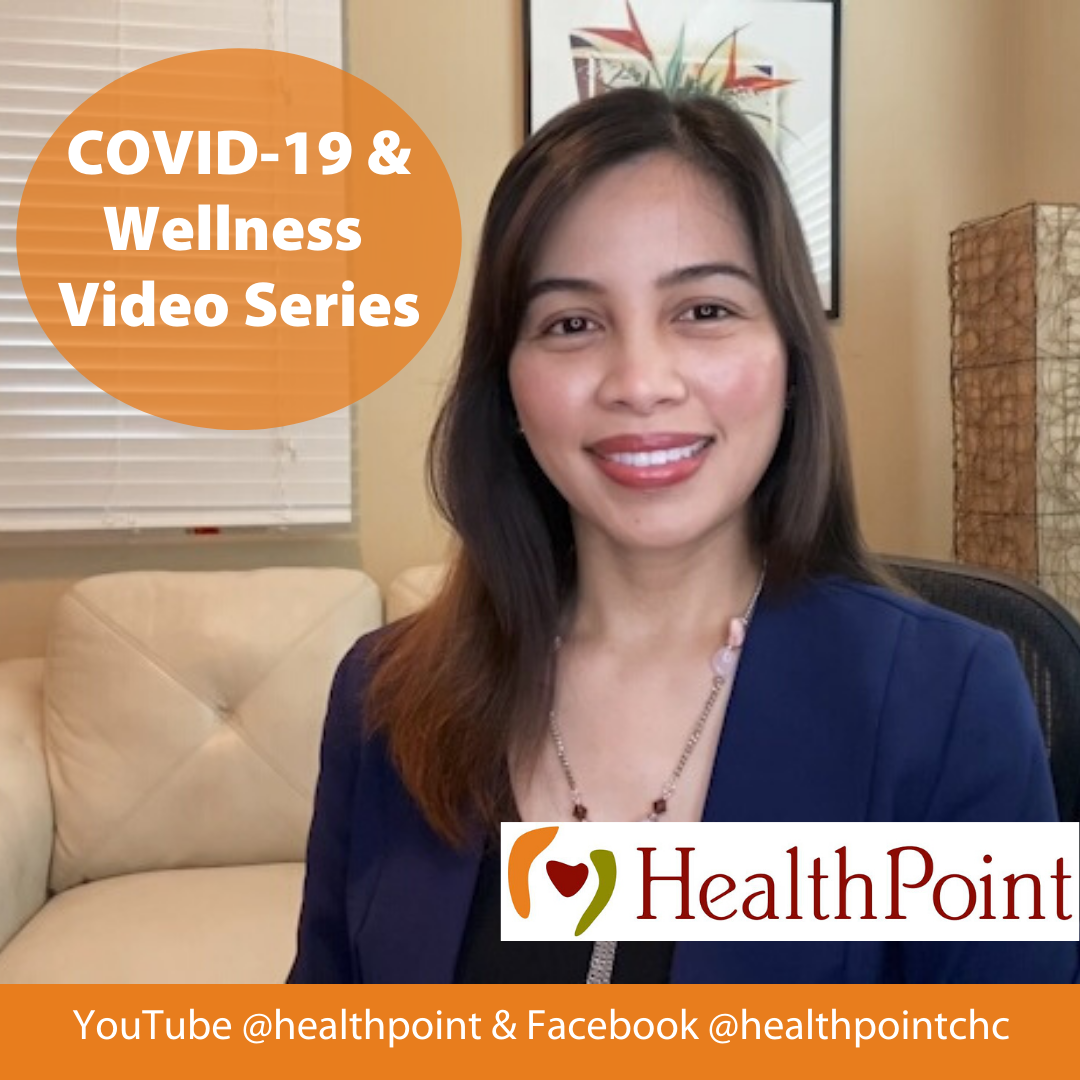COVID-19 (novel coronavirus) can cause serious illness and even death. People who are very high risk of serious illness are those over 60 years old, and people with conditions like heart disease, diabetes, or asthma. However, young and healthy people can also become seriously ill or even die from COVID-19. It is important that everyone do the following things, both to prevent becoming sick and to keep from spreading COVID-19.
Health Education
COVID-19 (Coronavirus)
If you're sick, get tested.
Updated 12/15 - From Seattle & King County Public Health
If you have symptoms:
Get tested as soon as possible.
Most people with COVID-19 have milder illness and are able to recover at home without medical care. Symptoms include cough, shortness of breath or difficulty breathing, fever, chills, muscle pain, sore throat, or a new loss of taste or smell. This list is not all possible symptoms.
Stay home, except to get medical care. Call ahead before visiting your doctor.
Monitor your symptoms and call your health care provider if symptoms are worsening. If you're over 60 and/or you have underlying conditions like diabetes, heart disease, and lung disease, contact your doctor.
Call 9-1-1 if you have trouble breathing!
Use a separate bedroom and bathroom if possible. If that's not an option, try to stay at least 6 feet apart from each other when you're sleeping and interacting.
Caregivers should:
Wear a cloth face mask and gloves when providing care, if available. Cloth face masks should be worn by the sick person and caregiver when in close contact. Bandanas or other cloth that covers the mouth and nose can serve as masks.
Clean surfaces throughout the home daily. Use soap and water or other household cleaners, then use a disinfectant. If you don't have a disinfectant, a paper towel dipped in 60% or greater isopropyl alcohol will kill the virus.
Wash laundry thoroughly. Keep the laundry away from your body. Wash your hands immediately after handling laundry.
Everyone in the household should:
Cover coughs and sneezes.
Clean hands thoroughly and often. Wash with soap and water for at least 20 seconds.
Avoid sharing personal household items (dishes, towels, bedding, etc.)
If you've been around someone with COVID-19, get tested.
Updated 12/15 - From Seattle & King County Public Health
If you've been exposed to someone with COVID-19 and you have no symptoms, Public Health recommends the following:
Stay in quarantine for 14 days after your last contact. This is the safest option.
If this is not possible, stay in quarantine for 10 days after your last contact, without additional testing.
If you have been exposed to someone with COVID-19, get tested between 5-7 days from your last contact.
If the first two options are not possible, stay in quarantine for 7 full days beginning after your last contact and if you receive a negative test result (get tested no sooner than day 5 after your last contact).
Practice social distancing.
Update 12/14 - From Seattle & King County Public Health
In Washington State:
Indoor social gatherings with people who do not live with you are prohibited, unless you quarantine for 14 days prior OR quarantine for 7 days and receive a negative COVID test result.
Outdoor gatherings are limited to no more than 5 people who do not live with you.
Stay home as much as possible.
Stay 6 feet away from others if you must leave your home.
Clean your hands often.
Wash your hands often with soap and water for at least 20 seconds especially after you have been in a public place, or after blowing your nose, coughing, or sneezing.
If soap and water are not readily available, use a hand sanitizer that contains at least 60% alcohol. Cover all surfaces of your hands and rub them together until they feel dry.
Avoid touching your eyes, nose, and mouth with unwashed hands.
Cover your mouth and nose with a mask when around others.
You could spread COVID-19 to others even if you do not feel sick.
Everyone age 2+ should wear a face mask when they have to go out in public. You should also wear a face mask in your home if you or someone in your household are sick.
There are many "do-it-yourself" videos and guides online to make a cloth mask at home.
Cloth face coverings should not be placed on young children under age 2, anyone who has trouble breathing, or is unconscious, incapacitated or otherwise unable to remove the mask without assistance.
Continue to keep 6 feet between yourself and others.
Get accurate information about COVID-19 vaccines.
Updated 12/29
The first COVID-19 vaccines are being approved by the Food and Drug Administration. The vaccines are safe and effective. Healthcare workers and people in long-term care facilities are the first to receive the vaccine in Washington.
In the coming months, more people will be able to receive the vaccine. Many common questions about the vaccine are answered on this webpage by Public Health. Ask your health care provider if you have more questions.
Continue to practice social distancing, wear a mask, and wash hands frequently.









Information adapted from:
Seattle & King County Public Health https://www.kingcounty.gov/depts/health/covid-19.aspx
Centers for Disease Control and Prevention https://www.cdc.gov/coronavirus/2019-ncov/prevent-getting-sick/prevention.html
Washington Department of Health https://www.coronavirus.wa.gov
World Health Organization https://www.who.int/emergencies/diseases/novel-coronavirus-2019
This information is not intended to be medical advice. Please talk to your doctor with any questions about your health.
